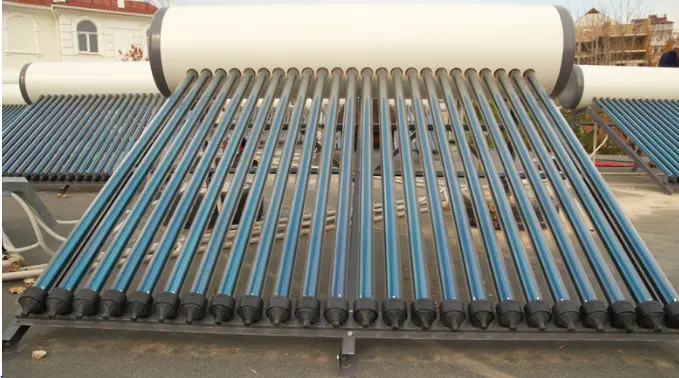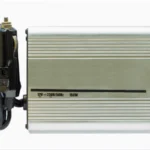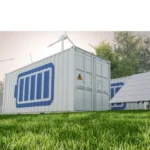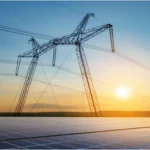As the demand for clean and efficient energy rises, more homeowners and businesses are turning to solar solutions not just for electricity but also for heating. A solar heating system uses energy from the sun to provide hot water or space heating, offering a sustainable alternative to conventional fossil-fuel-based systems.
In this guide, we’ll explore how solar systems work, their key advantages and disadvantages, and what you should know when choosing a system for your home or commercial property.
What Is a Solar Heating System?
A heating system captures sunlight to heat water or air for residential, commercial, or industrial use. Unlike solar photovoltaic (PV) panels that generate electricity, these systems focus on generating thermal energy.
There are two main types:
- Solar water heaters, which provide hot water for showers, sinks, and appliances.
- Solar space heating systems, which warm interior living or working areas.
A solar geyser for home is a common term used for residential solar water heaters in many regions. These units typically consist of hot water panels solar collectors, a circulation system, and a storage tank.
To fully understand how these systems operate, it’s essential to define the terms active solar heating systems and passive systems, which we’ll explore in the next section.
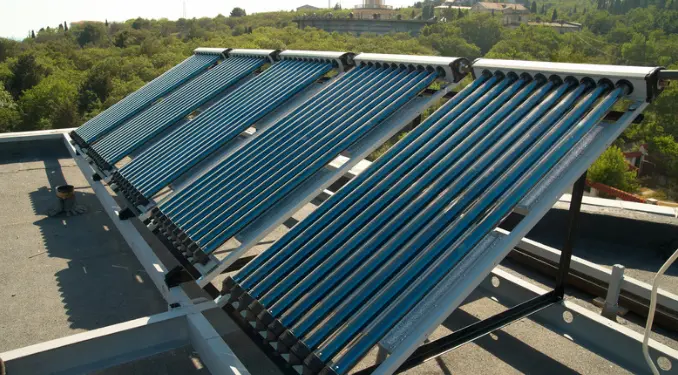
How Does a Solar Heating System Work?
Solar heating can be active or passive, depending on how they move heat.
Active Solar Systems
These systems use mechanical components like pumps or fans to circulate heat-transfer fluids (usually water or antifreeze solution). The heat is absorbed by solar collectors, transferred to a heat exchanger, and then delivered to storage tanks or directly to indoor spaces.
Many users search for a drawing of an active heating system or a diagram of an active solar heating to visualize the components, which include:
- Flat-plate or evacuated tube solar collectors
- Pump or fan
- Heat exchanger
- Storage tank
- Backup heater (optional)
Passive Solar Heating Systems
These systems rely on natural convection rather than mechanical circulation. A thermosiphon system is a good example, where the heated fluid rises naturally into a tank above the collector.
Passive systems are generally simpler and cheaper but less efficient in colder climates or complex building layouts.
Types of Solar Heating
Solar heating technologies vary depending on design and application. Here’s a quick comparison:
| Feature | Active System | Passive System |
| Circulation | Mechanical (pumps/fans) | Natural convection |
| Efficiency | Higher | Moderate |
| Cost | Higher upfront | Lower upfront |
| Best For | Cold climates, large buildings | Warm climates, simple installations |
When selecting a system, consider your climate, roof space, hot water usage, and budget. A solar water heater may be sufficient for small solar panels, while larger buildings may need a full solar heating with space heating capabilities.
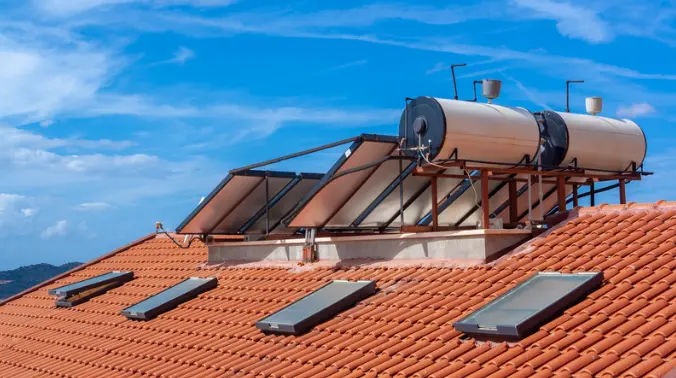
4 Advantages and 4 Disadvantages of Solar Systems
Understanding both the benefits and limitations is key to making an informed decision.
Advantages of Solar Heating
- Environmentally Friendly
Solar heating significantly reduce greenhouse gas emissions, making them a green alternative to fossil fuel-based heating.
- Energy Cost Savings
By relying on free solar energy, users can save up to 60–80% on water heating bills, depending on location and system size.
- Low Maintenance
Once installed,heating systems typically require minimal upkeep aside from periodic inspections and fluid checks.
- Government Incentives
Many regions offer rebates, tax credits, or subsidies for installing solar heating, helping offset initial costs.
Disadvantages of Solar Heating
- High Upfront Costs
Installation can be expensive, especially for active systems with mechanical components and storage tanks.
- Sunlight Dependency
The system’s effectiveness relies on sunlight. Cloudy days or winter months may reduce performance without a backup heater.
- Space Requirements
Roof or yard space is needed to mount solar collectors, and indoor space may be required for storage tanks.
- Complex Installation
Proper design and professional installation are essential. Poor installation can lead to underperformance or system failures.
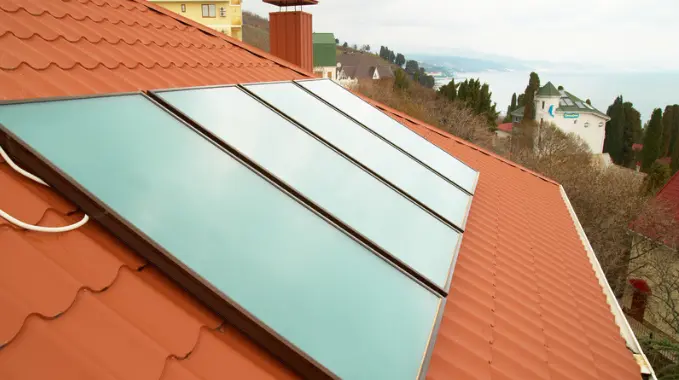
What Are the Advantages of Solar Heating ?
One of the most searched queries is: what are the advantages of heating systems. Let’s explore these in detail.
- Reduced Energy Bills: A solar can drastically lower monthly utility bills. Studies show that a properly installed solar water heater can reduce water heating costs by up to 70 percent annually.
- Energy Independence: Homeowners gain control over their energy source, reducing dependence on volatile gas or electricity prices.
- Longevity and Durability: Quality solar systems can last 20–25 years with minimal maintenance.
- Increased Property Value: Green energy features are attractive to homebuyers and can boost resale value.
Whether for a home or a commercial property, the long-term savings and sustainability benefits make solar systems a smart investment.
Also click here: solar panels cleaning brush.
What Are the Disadvantages of Solar Heating Systems?
While beneficial, it’s equally important to understand what are the disadvantages of solar heating:
- Inconsistent Output: In regions with limited sunlight or frequent overcast weather, heating systems may not meet all heating needs.
- Supplementary Heating May Be Required: On days with low sun exposure, a backup heater (electric or gas) might be necessary, especially in colder climates.
- Initial Installation Complexity: Proper orientation, tilt, and plumbing setup require professional design and skilled labor.
- Risk of Overheating: In very hot climates, systems without proper temperature regulation can overheat, requiring thermal relief valves or expansion tanks.
A careful assessment of your site and climate will help determine whether solar heating is right for you.
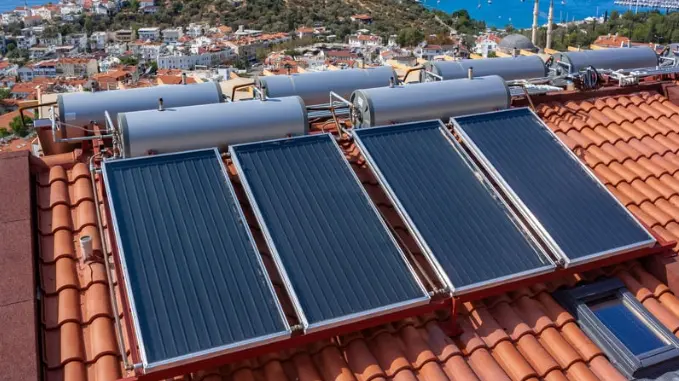
Where Are Solar Heating Most Effective?
Solar heating are most efficient in regions with high solar irradiance and consistent sunlight throughout the year. However, even in cooler climates, they can perform well when paired with energy storage and backup systems.
They are especially effective in:
- Southern Europe
- Southwestern United States
- South Africa
- Australia
- Middle East
In colder regions, active solar systems with antifreeze solutions and well-insulated storage tanks are typically used. For homes with limited roof space, compact solar geysers for home may be ideal.
Choosing the Right Solar Heating System for Your Needs
Before investing, consider the following:
- Climate: Warmer climates benefit from passive systems, while colder areas need active setups.
- Household Size: A larger family will require a system with greater storage and collector surface area.
- Application Type: Is your goal domestic hot water, pool heating, or full-space heating?
- Budget: Costs range from basic hot water panels solar systems to comprehensive setups with advanced controllers and automation.
eGrowatt offers various solutions tailored for different home and commercial heating needs. You can also explore our solar system calculator to help plan your installation.
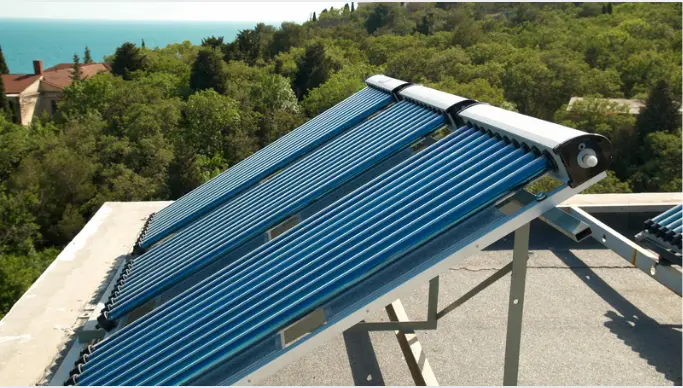
FAQs
Q1: How does a heating system work?
Solar collectors absorb sunlight and convert it into heat, which is then transferred to water or air and stored or circulated through the building.
Q2: What are the different types of solar heating ?
There are active systems with pumps or fans, and passive systems relying on natural convection. Both can be used for domestic hot water or space heating.
Q3: What are the advantages and disadvantages of solar heating systems?
Advantages include lower bills, environmental benefits, and low maintenance. Disadvantages include upfront cost, sun dependency, and space requirements.
Q4: Are solar water heaters different from solar systems?
Solar water heaters are a subset of solarsystems designed specifically for heating water, while broader systems may also provide space heating.
Q5: Do heating systems work in winter?
Yes, though efficiency drops due to reduced sunlight. Active systems with antifreeze and good insulation can still operate effectively.
Final Thoughts on Going Solar for Heating
A solar heating system is a practical and sustainable way to harness solar energy for everyday use. Whether you’re looking to reduce your utility bills, minimize your carbon footprint, or move toward energy independence, these systems provide an efficient solution.
With ongoing innovations and increasing government support, 2025 is the ideal time to consider solar heating. To get started, explore the range of solutions available at eGrowatt, or try our online calculator to find the right fit for your home or business.

